Publications on tripartism and social dialogue
-
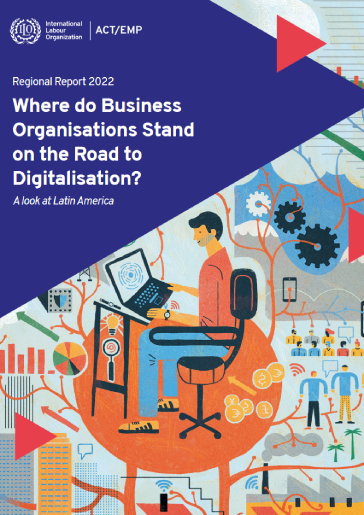
Digitalization of Business Organizations
Where do Business Organisations Stand on the Road to Digitalisation? Regional Report 2022.
10 July 2023
This report, prepared by the ILO Bureau for Employers' Activities (ACT/EMP), aims to assist Latin American business organizations (EBMOs) in their journey towards digitalisation, based on information and responses provided by the EBMOs themselves, as well as interviews with business representatives who shared their experiences in their journey towards digitalisation.
-
Country Baselines
2022 Annual Review under the follow-up to the ILO 1998 Declaration - Compilation of baseline tables, by country
23 June 2023
(based on the reports of Member States that have not ratified all fundamental Conventions and/or that have not ratified the Protocol of 2014 to the Forced Labour Convention, 1930)
-
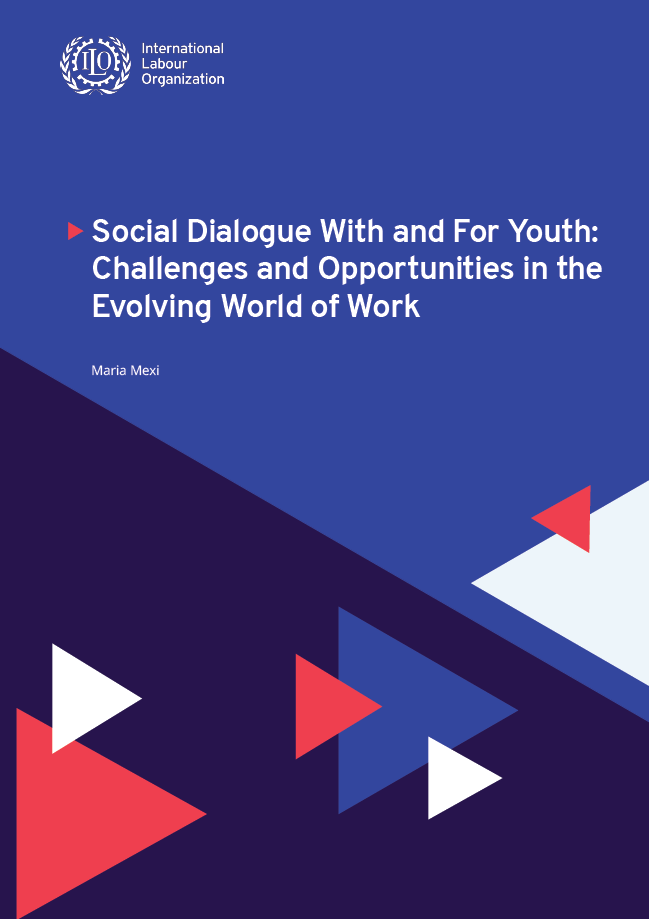
Report
Social Dialogue With and For Youth: Challenges and Opportunities in the Evolving World of Work
09 June 2023
-
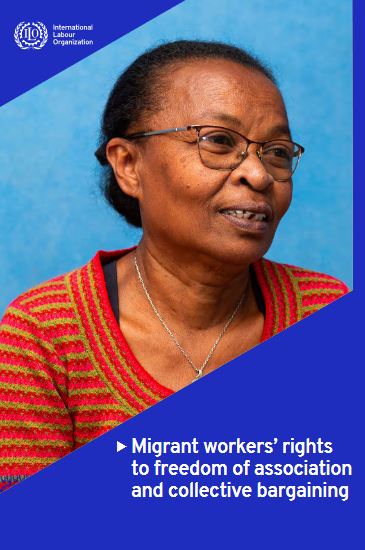
Labour migration
Migrant workers’ rights to freedom of association and collective bargaining
01 June 2023
Freedom of association and collective bargaining (FACB) are fundamental rights of universal scope that should apply to all workers – including migrant workers. The new ILO Report describes the special challenges migrants face in enjoying these rights, clarifies the expectations from international instruments, supports efforts to fine-tune laws and regulations, and provides advice on how to overcome common practical obstacles to the full enjoyment of FACB’s rights by migrant workers.
-
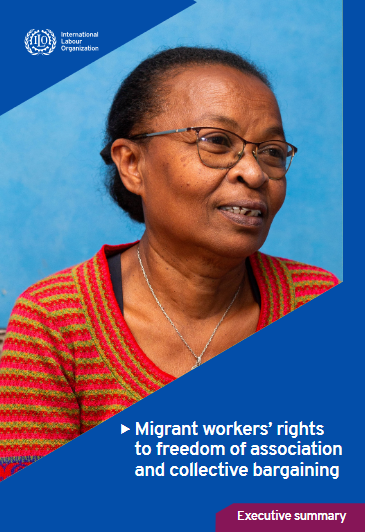
Labour migration
Executive summary: migrant workers’ rights to freedom of association and collective bargaining
01 June 2023
This executive summary outlines the key findings of the report on migrant workers’ rights to freedom of association and collective bargaining.
-
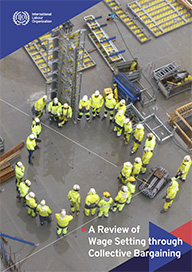
Publication
A Review of Wage Setting through Collective Bargaining
30 May 2023
-
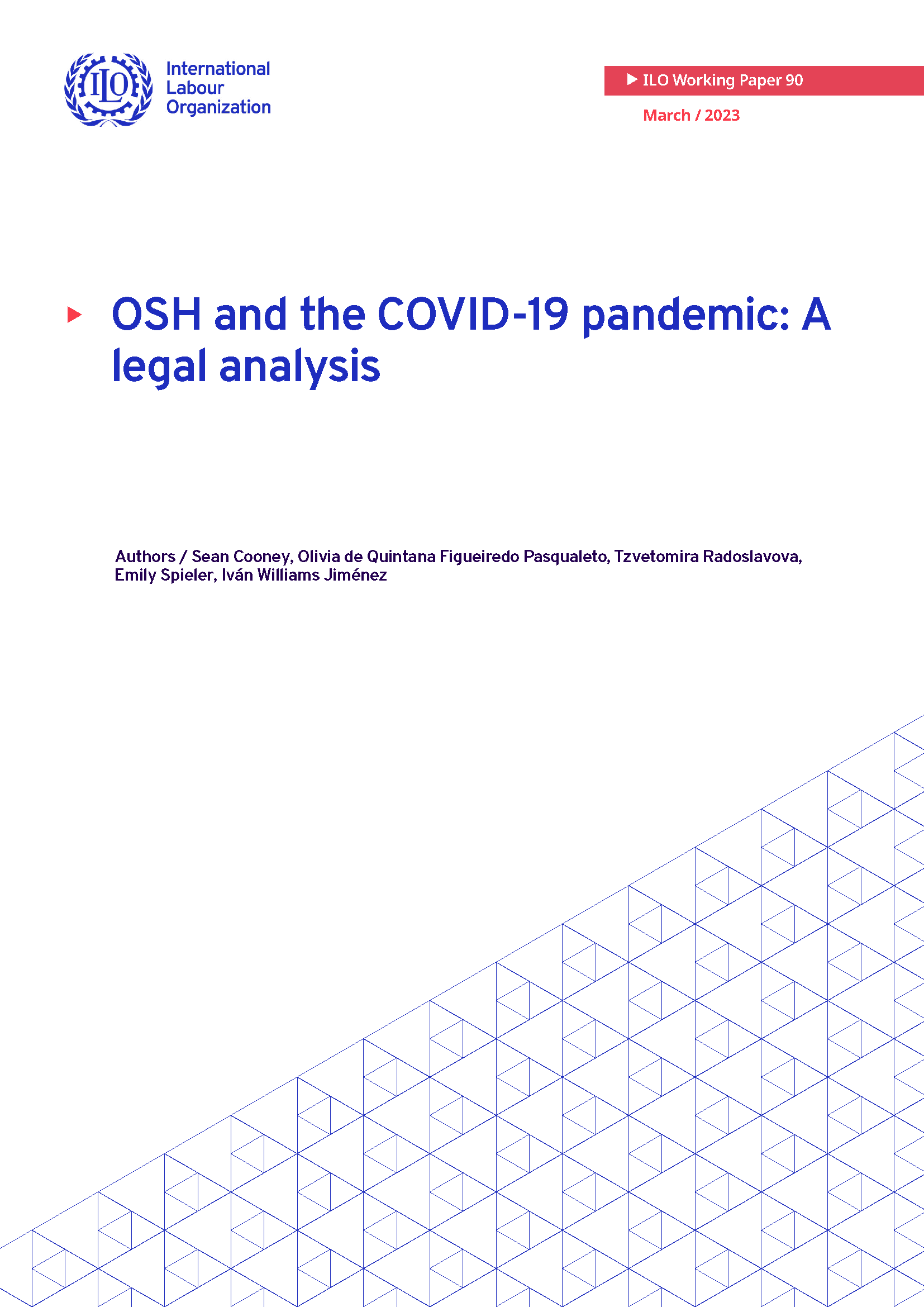
ILO Working paper 90
OSH and the COVID-19 pandemic: A legal analysis
15 March 2023
This study provides an analysis of how occupational safety and health (OSH) regulation responded to the circumstances of key workers during the COVID-19 pandemic.
-
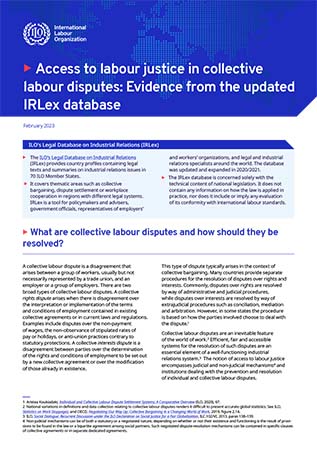
Factsheet
Access to labour justice in collective labour disputes: Evidence from the updated IRLex database
22 February 2023
Collective labour disputes are an inevitable feature of the world of work and efficient, fair and accessible systems for the resolution of such disputes are an essential element of a well-functioning industrial relations system. The notion of access to labour justice encompasses judicial and non-judicial mechanisms and institutions dealing with the prevention and resolution of individual and collective labour disputes. This IRLex factsheets provides a comparative overview of legislation regulating mechanisms for the resolution of collective labour disputes of judicial, quasi-judicial and extrajudicial nature. Furthermore, it provides an overview of bipartite processes as well as of processes of third-party intervention and of the role that labour inspectorates and enforcement agencies play in securing effective access to justice.
-
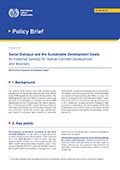
Policy Brief
Social Dialogue and the Sustainable Development Goals: An Essential Synergy for Human-Centred Development and Recovery
21 February 2023
Promoting tripartism and the participation of the social partners in national strategies intended to deliver on the 2030 Agenda for Sustainable Development, is key for attaining the Sustainable Development Goals (SDGs), especially SDG 8 on Decent Work and Economic Growth, and for strengthening social dialogue in line with ILO standards. The present Brief reviews observed links between social dialogue and the SDGs.
-
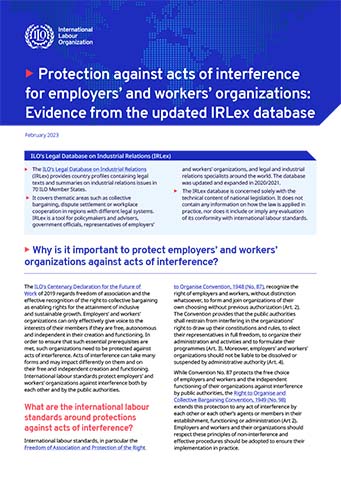
Factsheet
Protection against acts of interference for employers' and workers' organizations: Evidence from the updated IRLex database
20 February 2023
Acts of interference can take many forms and may impact differently on workers’ and employers’ organizations and on their free and independent creation and functioning. International Labour Standards protect employers’ and workers’ organizations against interference both by each other and by the public authorities. This IRLex factsheet provides an overview of how protection against acts of interference is regulated by relevant ILO Conventions and applied in practice through the ILO supervisory system as well as a comparative analysis of how different legal systems provide protection against such acts and ensure its effective enforcement in practice.